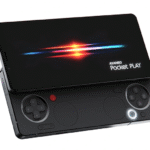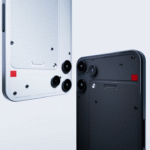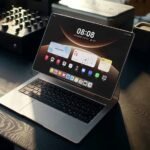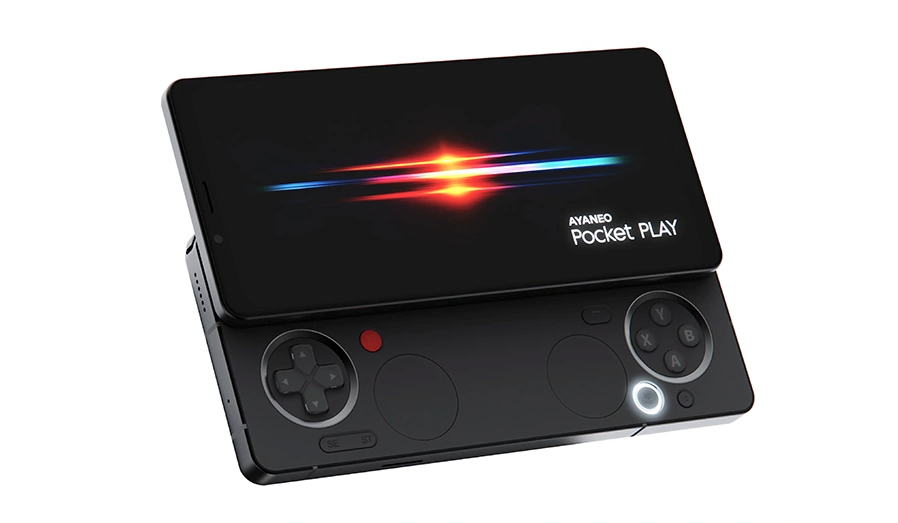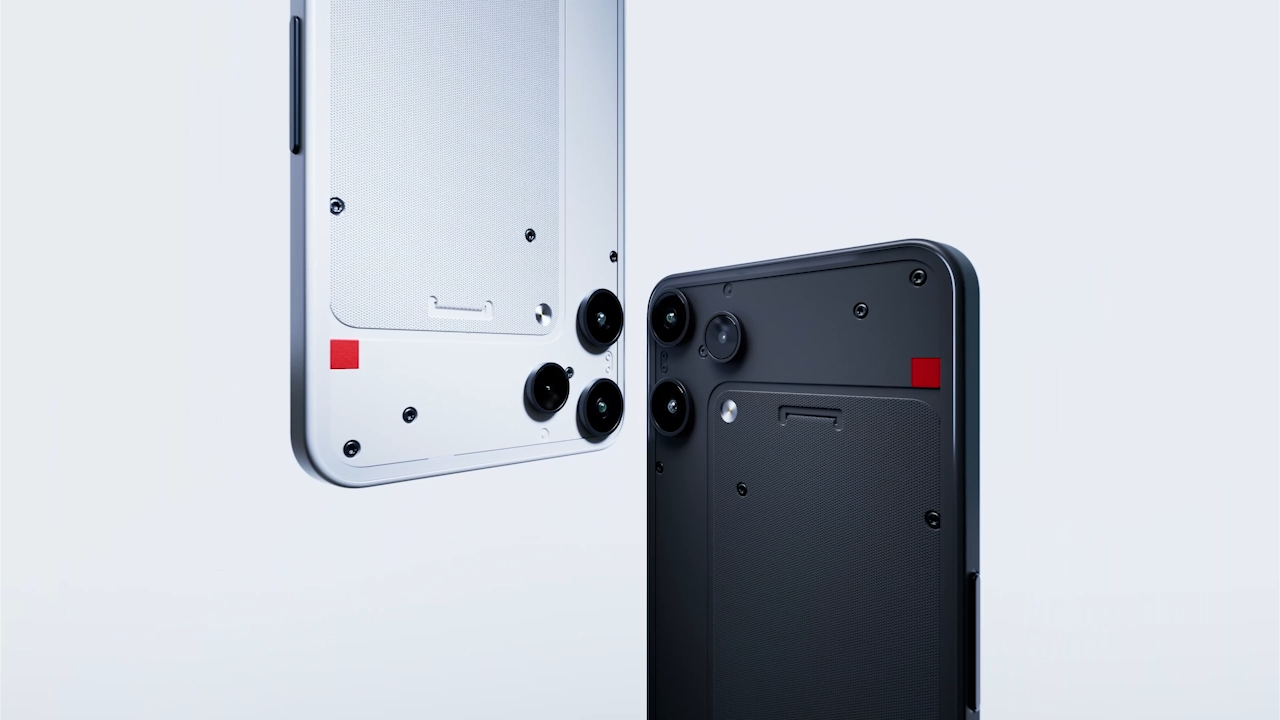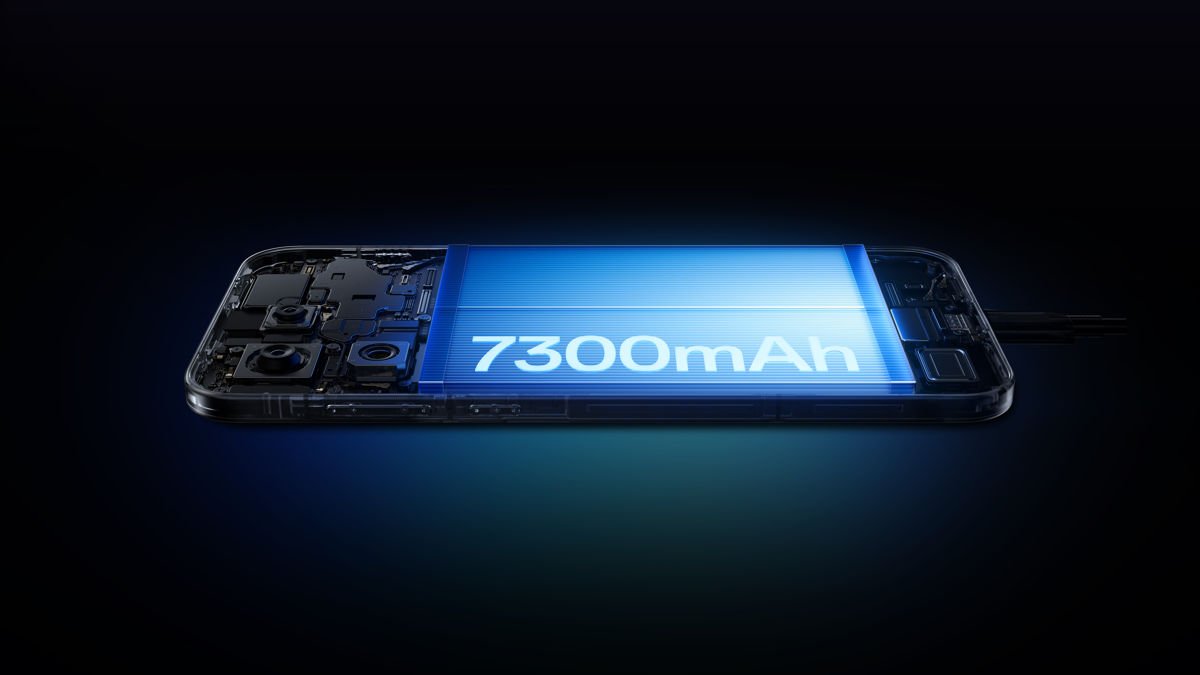While we fretfully anticipate the authority declaration of the following series of foldable phones, there’s another smartphone advancement that still can’t seem to be truly undiscovered. At CES 2021, the two LG and TCL flaunted its separate takes on rollable phones. Oppo likewise flaunted its rollable phone idea with the Oppo X 2021. Presently, patent filings (by means of Let’sGoDigital) uncover that Huawei could be one of the following organizations to get in on the activity.
The patent being referred to was initially documented back in January of this current year, however was simply distributed for this present month. It flaunts a plan like what we’ve seen from other phone creators, as the phone will spread out in a manner to keep it wrinkle free.
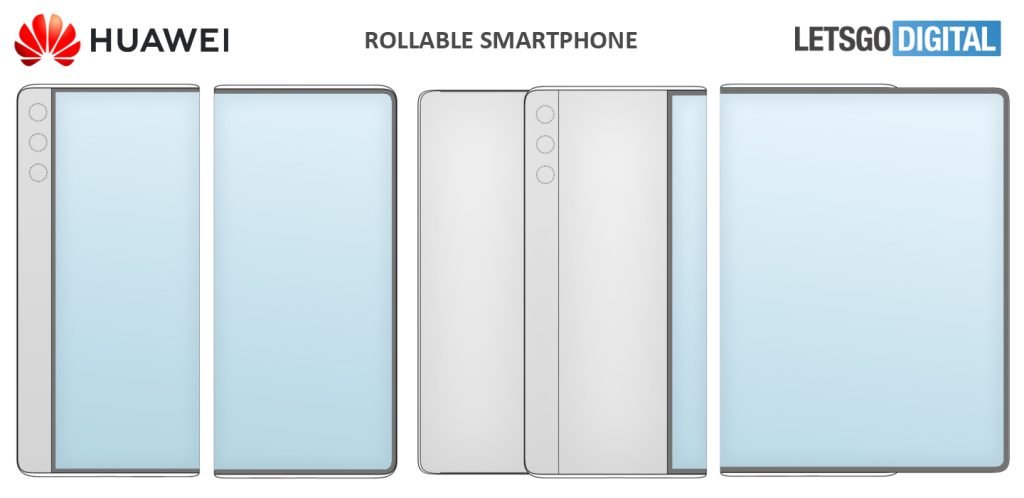
As indicated by the patent, Huawei plans on utilizing a plastic OLED board that covers the whole front of the phone, and the vast majority of the back. On the back, there’s sufficient room went out a portion of its primary cameras.
Rather than zeroing in on the adaptable OLED board, the genuine story here is the way Huawei plans to have the showcase unroll. It appears to be that Huawei will utilize a mechanized roller framework, as the screen is pulled tight from around the phone’s edge and will have two distinctive sliding positions. Notwithstanding the sliding positions, the shut position offers three distinctive screen sizes, going from 6.5-inches and reaching out up to 11-inches.
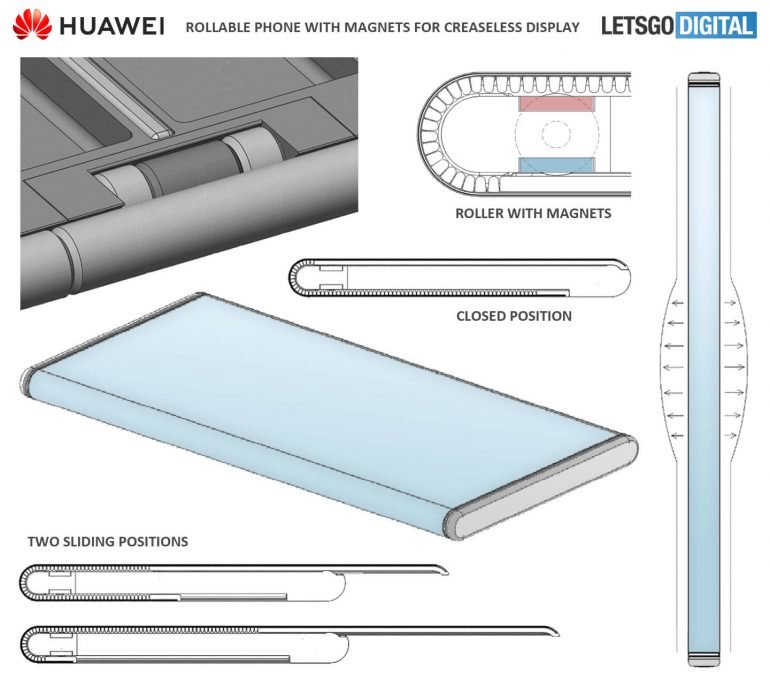
Obviously, this is only a patent recording and there isn’t anything concrete proposing that Huawei is effectively fostering a rollable phone. Given the new Huawei P50 delays, it’s protected to accept that the organization has more pressing issues to focus on, to be specific in discovering enough processors for new phones. In any case, as somebody who utilizes a Galaxy Z Fold 2 consistently, the possibility of a moving phone is certainly a captivating one.
